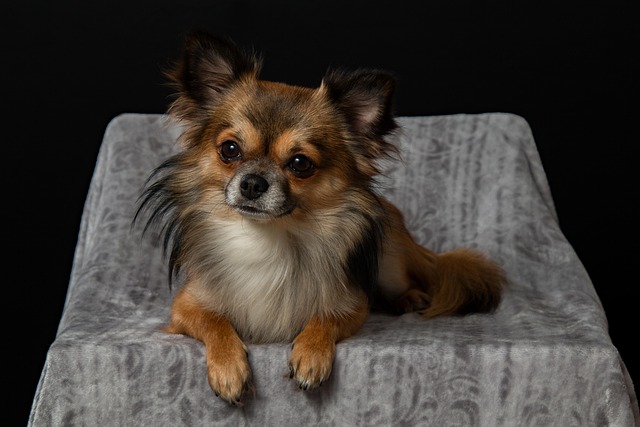
Can I use coconut oil to make hair conditioner for my dog
If you’ve ever finished bathing your dog, reached for the bottle of dog conditioner, and realized it’s empty—staring at a jar of coconut oil in your pantry instead
That faint "wet dog" smell when you walk in, or the stubborn whiff clinging to furniture despite your best efforts? Dog odors are a common headache, especially in apartments where air circulation is limited. But before reaching for chemical sprays, let’s tackle the root causes scientifically and compassionately. Remember: Dogs don’t smell to annoy you. Common culprits include yeast buildup in skin folds (especially in breeds like Bulldogs), impacted anal glands emitting fishy odors, dental disease causing foul breath, and lingering urine residues in carpets. Always start with a vet check – underlying issues like infections or kidney problems amplify smells. Bonus: This ensures rabies vaccines are current, a legal requirement across the U.S. and EU.
Effective odor elimination hinges on enzymatic cleaning, not masking. For accidents, blot urine immediately (never rub!), then soak the area with enzyme-based cleaners like Rocco & Roxie – these break down odor molecules biologically. Skip ammonia-based products; they mimic urine scent. Wash beds weekly with unscented detergent and ½ cup white vinegar. Apartment dwellers, take note: Portable steam cleaners work wonders on grout lines, as Chloe in Paris discovered when battling persistent odors in her pre-war building. For fabrics, sprinkle baking soda before vacuuming to neutralize smells trapped deep in fibers.
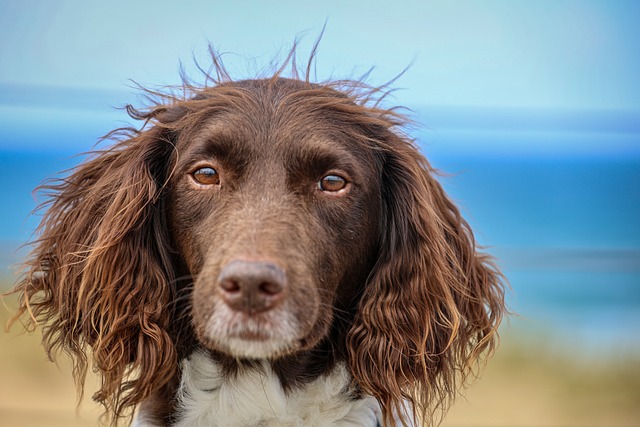
Cultural compliance and neighborly respect matter. Scoop your yard daily – decaying waste creates neighborhood complaints and violates local ordinances (fines hit $500 in NYC for public space neglect). In apartments, opt for quiet grooming tools; use nail grinders instead of clippers during designated "quiet hours" (like Germany’s Ruhezeiten). Bath time should be stress-free: Never force a terrified dog into the tub. Use lick mats smeared with peanut butter during rinsing to build positive associations – manhandling violates force-free ethics outlined in the UK Animal Welfare Act.
Prevention trumps constant cleanup. Combat stale fur with bi-weekly brushing and omega-3 supplements. Fight "Frito feet" bacteria with antibacterial wipes after walks. For musty bedding, choose hypoallergenic bamboo covers that breathe better than synthetic fabrics. Urban warriors should place activated charcoal bags near entryways, run HEPA air purifiers (like Levoit Core 300) for 4 hours daily, and ventilate strategically: open windows for cross-breezes in the morning but close them during high-pollen hours. Mobile groomers in cities like Berlin now offer odor-control packages using gentle oatmeal shampoos.
When Leo’s Beagle in London developed a persistent corn-chip smell, the culprit was a hidden skin infection. Treatment plus enzyme sprays solved it. Remember: Heavy perfumes or toxic cleaners (like phenol-based products flagged by the ASPCA) harm pets. True freshness comes from combining vet care, enzymatic cleaning, and smart prevention – not masking scents. That subtle hint of oatmeal shampoo? That’s the signature of a considerate, odor-conscious pet owner.

If you’ve ever finished bathing your dog, reached for the bottle of dog conditioner, and realized it’s empty—staring at a jar of coconut oil in your pantry instead
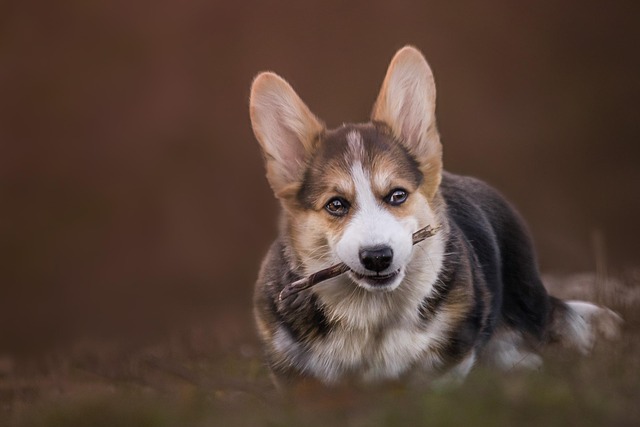
If you’re a new dog parent in the US—maybe you’re sitting on your New York apartment floor, watching your 1-year-old Golden Retriever
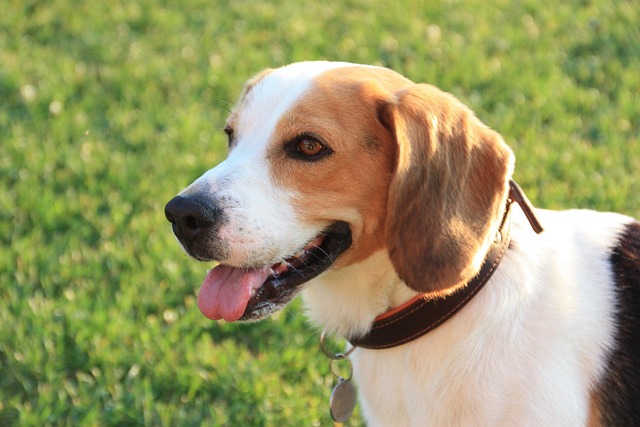
If you’re a new dog parent in the US—maybe you’re sitting on your Arizona apartment floor, holding your 6-month-old Beagle’s ear open with one hand
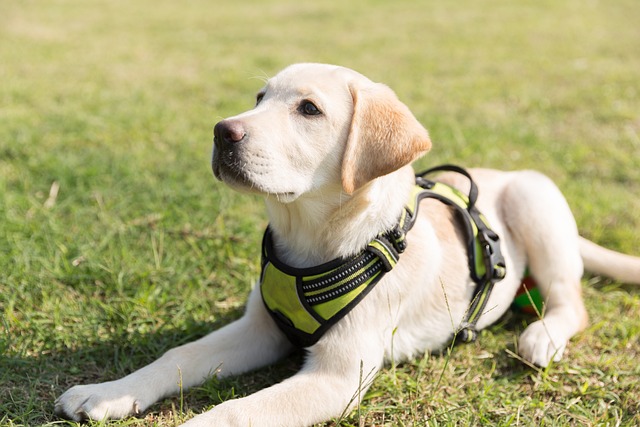
Most Labrador owners start wondering about their pup’s coat change around the time those tiny paws turn into bigger, more energetic ones. Typically, Labs begin losing their soft puppy coat between 4 and 6 months of age.
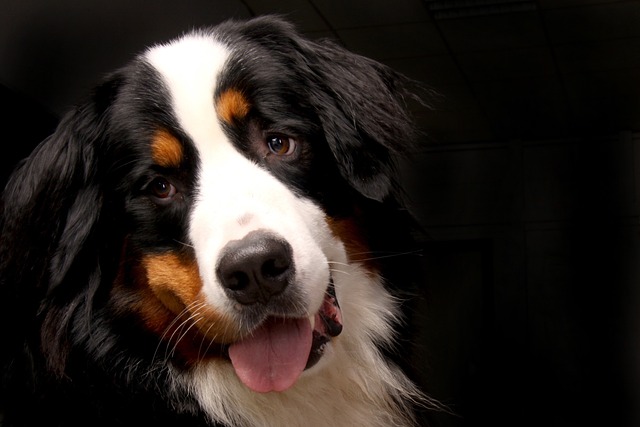
If you’re a new dog parent in the US—maybe you’re staring at your Texas apartment counter, holding a $200 groomer bill for your Goldendoodle’s last trim
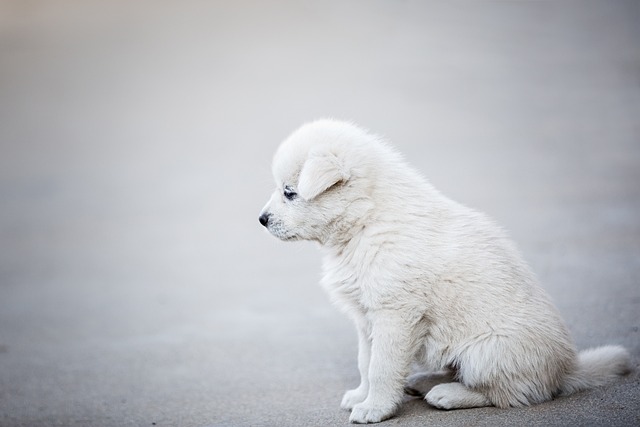
Finding loose fur on your puppy’s bed or your couch can make any new owner pause—wondering if it’s a sign of trouble or just part of growing up.